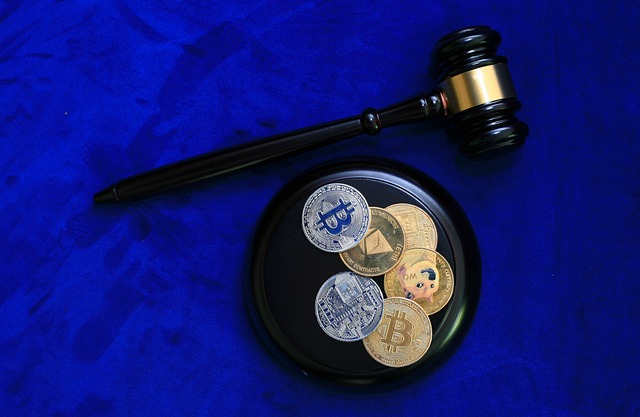Regulatory Challenges in the Cryptocurrency Space
The cryptocurrency space has experienced rapid growth and development over the past decade, with the global market cap reaching over $2 trillion. However, this growth has also brought about numerous regulatory challenges that have left governments, institutions, and individuals scrambling to keep pace.
As the use of cryptocurrencies continues to expand, governments around the world are struggling to create a clear and effective regulatory framework. This is due in part to the decentralized nature of cryptocurrency transactions, which make it difficult for governments to track and regulate. In this article, we will explore some of the key regulatory challenges facing the cryptocurrency space and discuss potential solutions.
One of the main regulatory challenges facing the cryptocurrency space is the lack of clear guidelines and laws governing the use of cryptocurrencies. In many countries, the use of cryptocurrencies is not explicitly regulated, leaving it up to individual companies and institutions to establish their own rules and guidelines. This can lead to confusion and uncertainty among users, investors, and businesses.
Another regulatory challenge facing the cryptocurrency space is the issue of money laundering and terrorist financing. Cryptocurrencies have been used in numerous high-profile money laundering and terrorist financing cases, highlighting the need for more effective anti-money laundering (AML) and know-your-customer (KYC) regulations. However, implementing these regulations can be challenging due to the decentralized nature of cryptocurrency transactions.
The rise of DeFi (Decentralized Finance) has also created new regulatory challenges. DeFi platforms offer a range of financial services, including lending, borrowing, and trading, all built on blockchain technology. However, the lack of clear regulations governing DeFi platforms raises concerns about the safety and security of user assets.
NFT (Non-Fungible Token) innovations have also had an impact on regulatory challenges in the cryptocurrency space. NFTs are unique digital assets that can be bought, sold, and traded like traditional art or collectibles. However, the lack of clear guidelines governing NFT marketplaces raises concerns about intellectual property rights, ownership, and authenticity.
In order to address these regulatory challenges, governments and institutions are looking to adopt more effective data transfer frameworks. For example, Google’s Data Transfer Framework provides a set of best practices for handling sensitive data in cryptocurrency transactions. By adopting these frameworks, businesses can ensure that their systems are secure and compliant with regulatory requirements.
Another key solution is the establishment of clear laws and regulations governing the use of cryptocurrencies. In recent years, several countries have implemented new laws and regulations governing cryptocurrency use, including Japan’s Virtual Currency Act and South Korea’s Cryptocurrency Trading Act. These laws provide a clear framework for businesses and individuals to operate within, reducing uncertainty and risk.
In conclusion, regulatory challenges facing the cryptocurrency space are numerous and complex. However, by adopting effective data transfer frameworks, establishing clear laws and regulations, and addressing issues related to money laundering and terrorist financing, we can work towards creating a more secure and compliant cryptocurrency ecosystem.
The Rise of Decentralized Finance (DeFi) is an important development in the cryptocurrency space, as it provides new opportunities for financial innovation and growth. However, its decentralized nature also raises regulatory challenges that must be addressed.
Similarly, NFT Innovations and Their Impact on Art have had a significant impact on the art world, but also raise important questions about ownership, authenticity, and intellectual property rights.
For more information on regulatory frameworks, visit Legal Framework | NRGI Reader. This resource provides a comprehensive overview of the legal framework governing cryptocurrency use in several countries.
Additionally, for guidance on data transfer frameworks, visit Data Transfer Frameworks – Privacy & Terms – Google. These frameworks provide best practices for handling sensitive data in cryptocurrency transactions.



